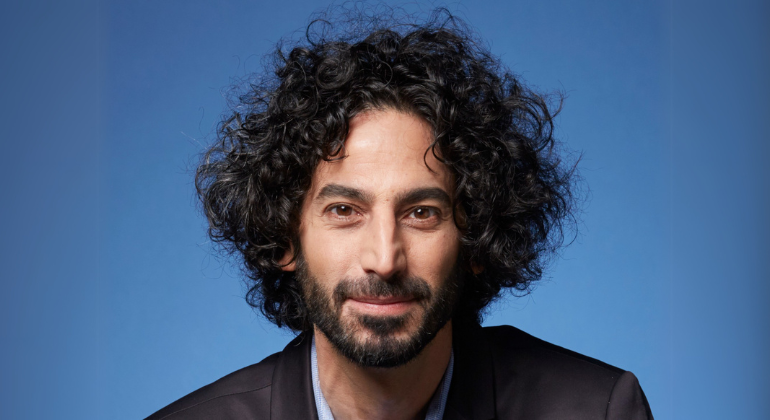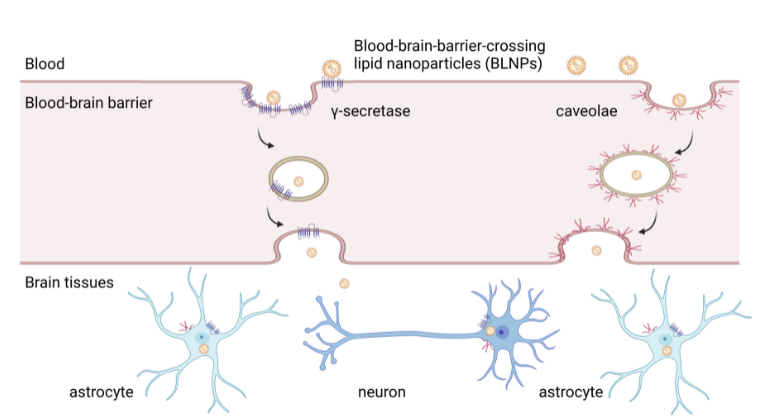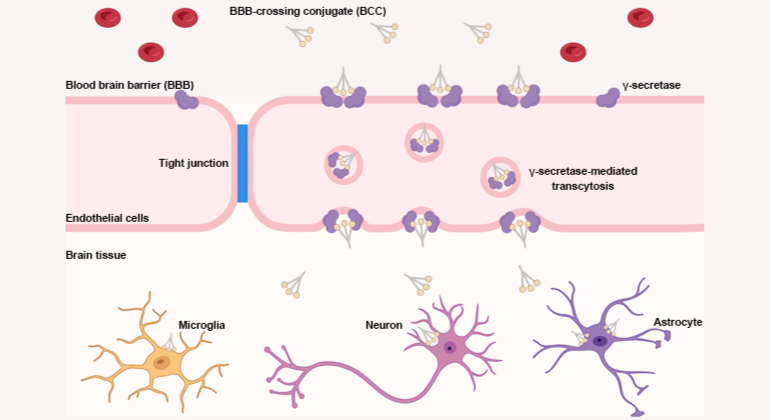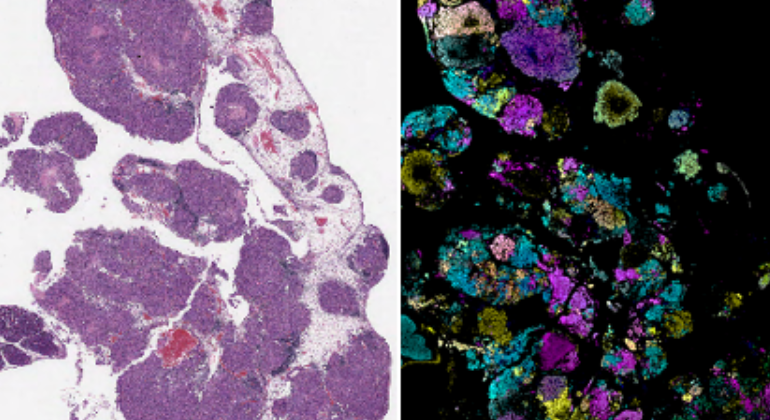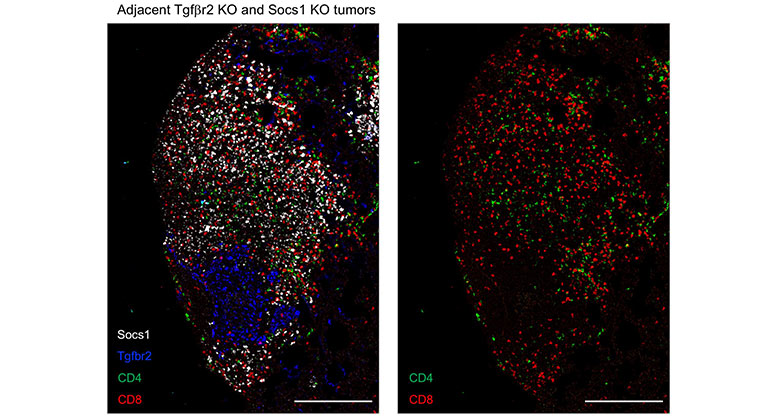Icahn Institute partners in $6.5 million NIH award to advance precision medicine and bioengineering capabilities
The National Institutes of Health (NIH) have awarded $6.5 million to a consortium that includes the Icahn Institute for Genomics and Multiscale Biology at the Icahn School of Medicine at Mount Sinai, the University of Washington, the University of Connecticut, and the University of Auckland, New Zealand, to establish the Center for Reproducible Biomedical Modeling. The multi-institution biomedical technology resource center will accelerate the development of predictive models of biological systems to guide precision medicine and bioengineering and provide much-needed model building resources to the research community. Icahn Institute Assistant Professor Jonathan Karr, PhD, will direct the consortium’s effort to develop computational tools for building reproducible models.
Making significant advances in precision medicine and bioengineering requires detailed knowledge of biological entities, such as cells. Computer models of biological systems that can predict phenotype from genotype can help scientists understand the molecular basis of behavior, help clinicians personalize therapy, and help bioengineers design microorganisms for a wide range of applications. However, there remain limitations to building such predictive models, including the lack of data and tools needed to carry out modeling systematically and scalably and the lack of comprehensible, reusable, and reproducible models.
In an effort to address these limitations and enable more comprehensive and accurate models, the Center for Reproducible Biomedical Modeling will develop technologies for systematically, scalably, and collaboratively aggregating the data needed for designing, simulating, analyzing, and publishing models, as well as develop technologies for analyzing simulation results. Dr. Karr and his team, including Associate Professor Arthur Goldberg, PhD, bioinformatician Saahith Pochiraju, and graduate student Yosef Roth, will develop an integrated database of molecular data for cell modeling, tools for discovering relevant data to create models of specific cell types, and tools for systematically designing models for large datasets. These tools will make biomodeling more reusable and reproducible. Dr. Karr and his team will utilize input from collaborators building whole-cell models to ensure the technologies developed by the center will advance modeling capabilities.
The center will also help researchers and journals produce and publish reusable, reproducible models by organizing workshops for researchers, providing researchers assistance annotating models, and verifying models submitted to partner journals. The center has already recruited nine partner journals.
"This NIH support significantly impacts our team’s capabilities and will enable us to develop the technologies researchers need to build comprehensive whole-cell models,” said Dr. Karr, one of the project directors of the center. “Ultimately, we believe these models will help physicians precisely treat individual patients and help bioengineers design powerful microorganisms that can sense and disrupt disease.”
“Specialized expertise at the Icahn Institute and the model building resources of the center as a whole will fill a critical gap in the biomedical research enterprise, providing open access tools to create reproducible models and ultimately more rigorous scientific outcomes,” said Grace Peng, Ph.D., director of the program in Computational Modeling at the National Institute of Biomedical Imaging and Bioengineering (NIBIB). Support for the new center is from NIBIB and the National Institute of General Medical Sciences, both parts of NIH, through grant EB023912.
See http://reproduciblebiomodels.org for more information.
About the Mount Sinai Health System
Mount Sinai Health System is one of the largest academic medical systems in the New York metro area, employing 48,000 people across its hospitals and more than 400 outpatient practices, as well as more than 600 research and clinical labs, a school of nursing, and a leading school of medicine and graduate education. Mount Sinai advances health for all people, everywhere, by taking on the most complex health care challenges of our time—discovering and applying new scientific learning and knowledge; developing safer, more effective treatments; educating the next generation of medical leaders and innovators; and supporting local communities by delivering high-quality care to all who need it.
Through the integration of its hospitals, labs, and schools, Mount Sinai offers comprehensive health care solutions from birth through geriatrics, leveraging innovative approaches such as artificial intelligence and informatics while keeping patients’ medical and emotional needs at the center of all treatment. The Health System includes approximately 9,000 primary and specialty care physicians and 11 free-standing joint-venture centers throughout the five boroughs of New York City, Westchester, Long Island, and Florida. Hospitals within the System are consistently ranked by Newsweek’s® “The World’s Best Smart Hospitals, Best in State Hospitals, World Best Hospitals and Best Specialty Hospitals” and by U.S. News & World Report's® “Best Hospitals” and “Best Children’s Hospitals.” The Mount Sinai Hospital is on the U.S. News & World Report® “Best Hospitals” Honor Roll for 2024-2025.
For more information, visit https://www.mountsinai.org or find Mount Sinai on Facebook, Twitter and YouTube.
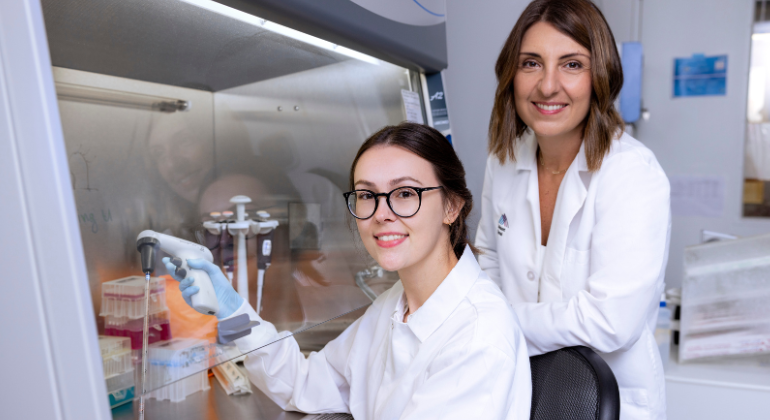
Mount Sinai Researchers Uncover Why Some Leukemia Cells May Resist Treatment
Oct 30, 2024 View All Press Releases
Researchers Characterize the Immune Landscape in Cancer
Feb 14, 2024 View All Press Releases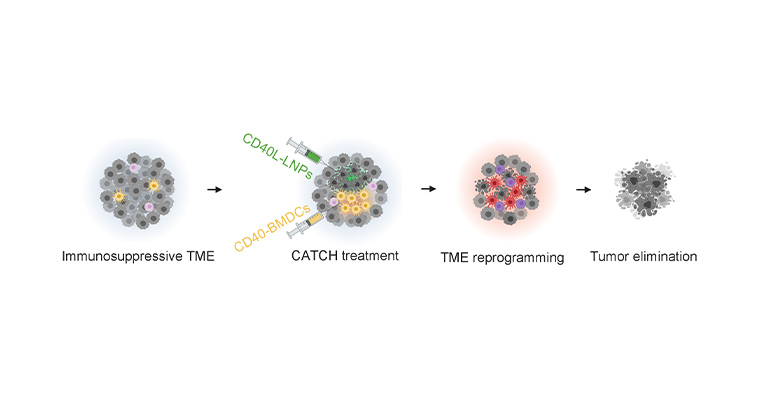
New RNA-based Therapy Combats Melanoma in Mouse Models
Jul 27, 2023 View All Press Releases
Targeting One Type of Immune Cell With Another Slows Cancer Growth in Preclinical Studies
Oct 25, 2022 View All Press Releases